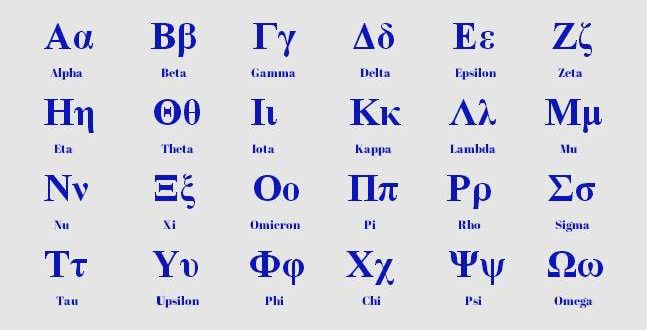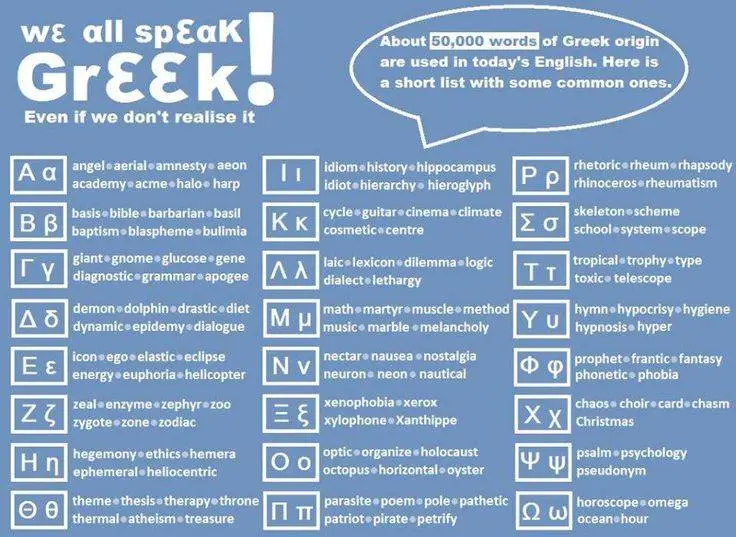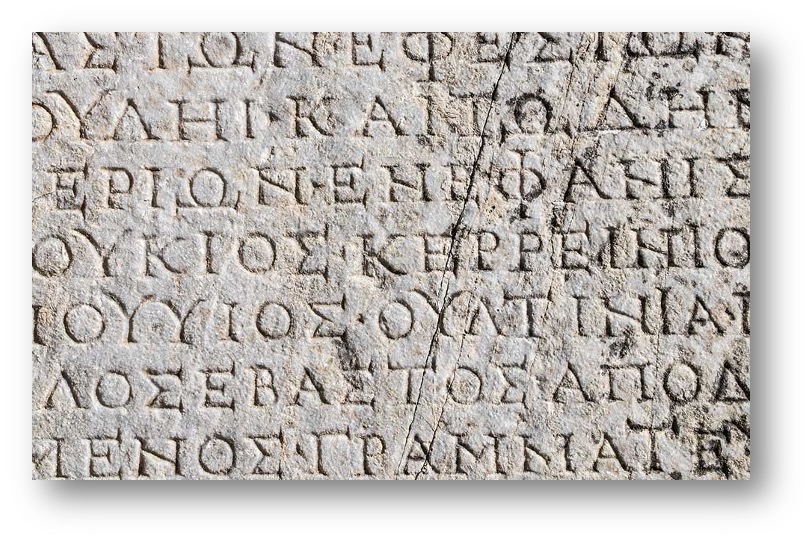By Maria Papagiannopoulou,
Native to Greece, Cyprus, southern Italy, southern Albania, various parts of the Balkans, the Black Sea coast, Asia Minor, and the Eastern Mediterranean, Greek is a distinct branch of the Indo-European language family. Its history has been recorded for at least 3,400 years, making it the Indo-European language with the longest history. The Greek alphabet, which has been in use for over 2,800 years, replaced earlier writing systems including Linear B and the Cypriot syllabary, which were used to record Greek. The alphabet developed from the Phoenician script and served as the foundation for many other writing systems, including Latin, Cyrillic, Armenian, Coptic, Gothic, and many others.
Greek has played a significant role in the development of Western culture. The canon of European literature contains several works from ancient Greek literature, starting with Homer’s epics. Many of the classic works of philosophy and science were first written in the Greek language. Greek was also the original language of the Christian New Testament. The Greek texts and Greek societies of antiquity make up the subjects of study for the discipline of Classics, along with the Latin texts and customs of the Roman world.

Greek was by far the most spoken common language in the Mediterranean region during antiquity. It eventually evolved into Medieval Greek and was the official tongue of the Byzantine Empire. Modern Greek is one of the 24 official languages of the European Union and is the official language of Greece and Cyprus. At least 13.5 million people speak it today in Greece, Cyprus, Italy, Albania, Turkey, and the numerous other nations where Greeks have emigrated.
Greek and Latin are the two major languages from which new words are derived, and both languages have been utilized extensively for millennia to create new terms in other languages.
Greek has been spoken in the Balkan region since at least the third millennium BC. Greek is the oldest recorded living language in the world, according to a Linear B clay tablet discovered in Messenia that dates to between 1450 and 1350 BC. Only the now-extinct Anatolian languages can match the date of earliest written attestation among the Indo-European languages.
The historical continuity and ongoing identity of the Greek language’s successive stages are frequently highlighted. Although Greek has suffered morphological and phonological changes comparable to those observed in other languages, its cultural, literary, and orthographic history has never been disrupted to the point where it is possible to speak of a new language arising since classical antiquity. Ancient Greek literature is still viewed more as a part of Greek culture than as a foreign language by modern Greek speakers. It is also frequently remarked that compared to certain other languages, the historical changes have been very minor. Homeric Greek is probably closer to Demotic than 12-century Middle English is to contemporary spoken English, according to one estimate.

Greek is spoken today by at least 13 million people, principally in Greece and Cyprus along with a sizable Greek-speaking minority in Albania, near the Greek-Albanian border. A significant percentage of Albania’s population has knowledge of the Greek language due in part to the Albanian wave of immigration to Greece in the 1980s and ’90s and the Greek community in the country. Prior to the Greco-Turkish War and the resulting population exchange in 1923, a very large population of Greek-speakers also existed in Turkey, though very few remain today. A small Greek-speaking community is also found in Bulgaria, near the Greek-Bulgarian border. Greek is also spoken worldwide by the sizable Greek diaspora which has notable communities in the United States, Australia, Canada, South Africa, Chile, Brazil, Argentina, Russia, Ukraine, the United Kingdom, and throughout the European Union, especially in Germany.
References
-
International Greek Language Day Archives. greece-is.com. Available here
- Greek Language: History and Evolution. greeka.com. Available here




